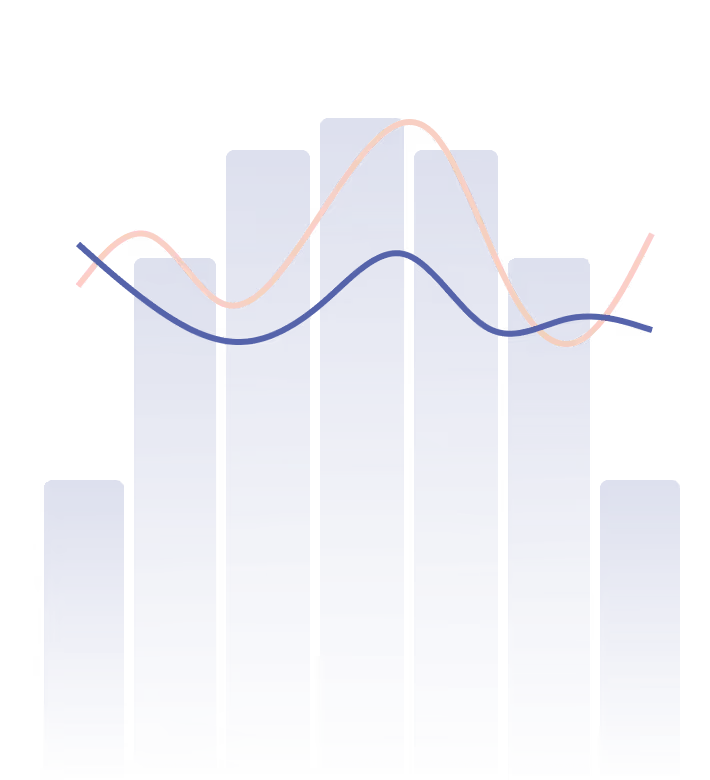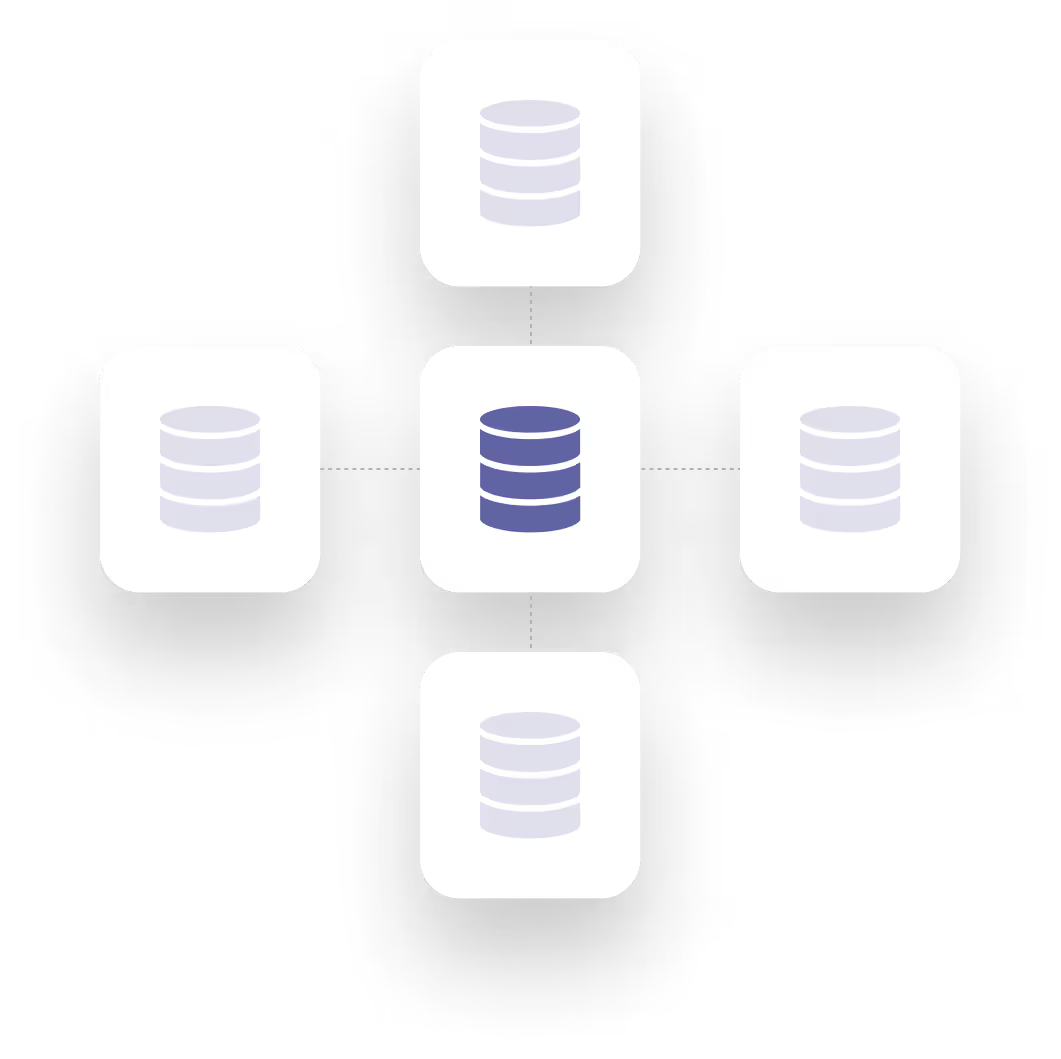Leverage behavioral and competitor data to model propensity to buy and price elasticity
Model propensity to buy and price elasticity separately
Akur8’s robust methodology enables you to model propensity to buy and price elasticity separately. A static model provides the probability to renew/convert under the current pricing strategy, and answers the question "how likely are customers to buy with current prices?” A dynamic model provides the sensitivity of the probability to convert with respect to a price variation, and answers the question "how does changing prices impact demand?”


Leverage external competitor data
Akur8 enables you to feed your price sensitivity analysis with external competitor quote data. Demand modeling starts from a database of quotes - either new business or renewals - containing both customer profile information and an offered price. Using competition data enables in-depth analysis about market price dynamics.
Include geographic analysis
The “Geographic Demand modeling” feature unlocks geographic analysis for both conversion rate and elasticity modeling. Accurately modeling geographic elasticity enables better decisions for your portfolio - globally as well as locally.

They implemented the solution

“Akur8 is a best-in-class pricing solution. The results we observed during the pilot phase are speaking for themselves, with dramatic reduction in modeling time and more predictive power of the models. This will both accelerate our time-to-market and improve our pricing accuracy, bringing substantial value to our partners and the end-customer, in a time that requires ever more reactivity and transparency.”


“Our team really values the speed of model creation and iteration, transparency and ease of reporting that Akur8’s Core Platform solution provides. Being able to review the indicated vs. predicted and then make a selection is something in the current pricing process that Akur8 helps make a lot more efficient. We also love that if a member of our team ever runs into a roadblock, Akur8’s live support is always there to help us resolve any issues that arise.”








